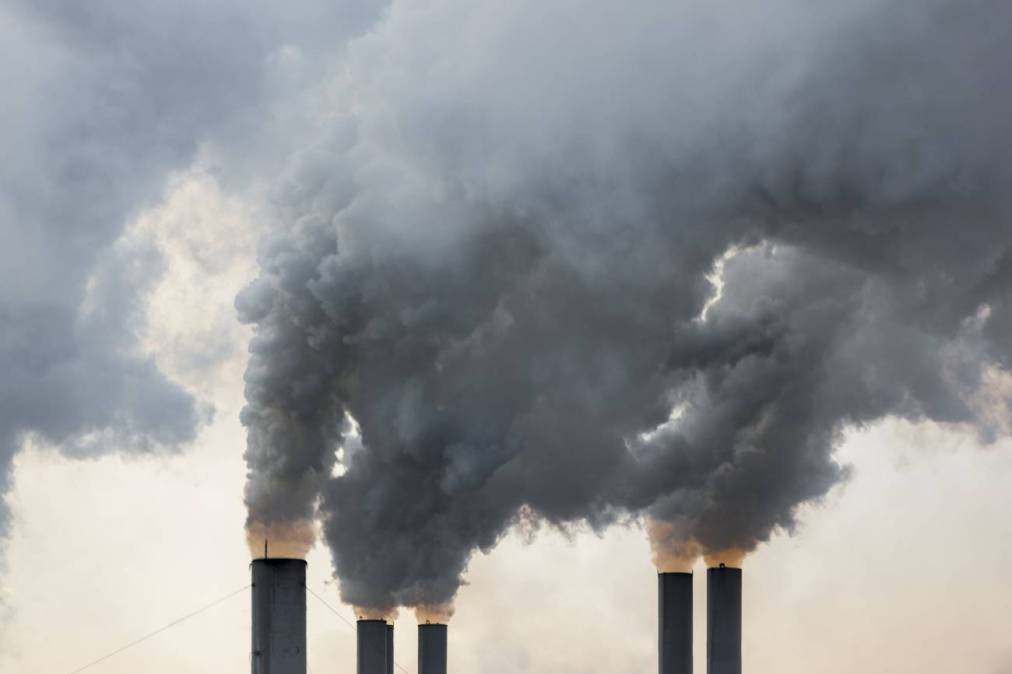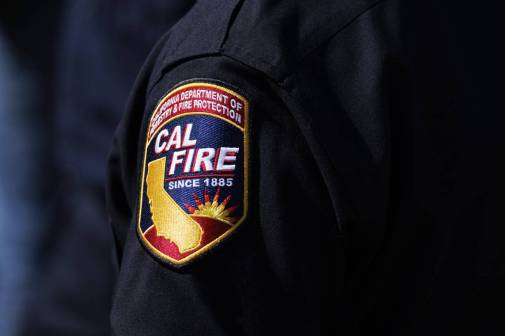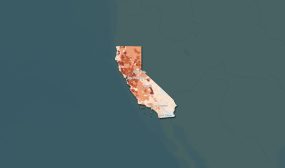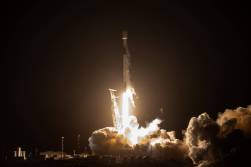California is using satellites to find and respond to methane gas leaks

On Friday, California launched a new initiative to monitor and reduce methane emissions using satellites, funded by $100 million from California’s Cap-and-Trade program.
The state has already launched one satellite, and plans to launch up to seven more. The satellite is equipped with methane sensors to locate and track large emissions of methane gas, which traps heat, and is often released from landfills, oil and gas operations, and livestock facilities.
It’s hoped that state and local agencies will use data collected by the satellites to address emissions, stop the leaks and protect public health.
The move build’s on California’s 2023 pledge encouraging governments around the world to commit to cutting global methane emissions.
“Decades of progress to protect public health is on the line as the Trump Administration works to roll back critical environmental protections. California isn’t having it,” Gov. Gavin Newsom said in the a press release. “With this new data, we’ll be able to move faster to cut harmful methane pollution – protecting Californians and the clean air we’ve fought so hard for.”
The satellite initiative comes in response to the Environmental Protection Agency’s recent rollback of environmental protections, including federal actions to control greenhouse gas emissions such as carbon dioxide and methane.
Though California does not own the satellites used to collect the data, the state government plans to maintain a public database and web portal to document mitigation efforts, according to the press release.






